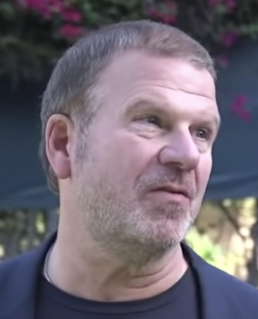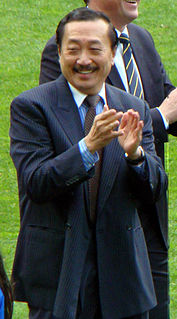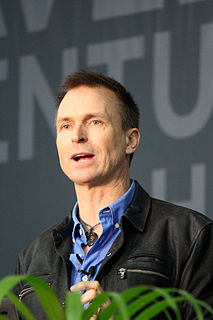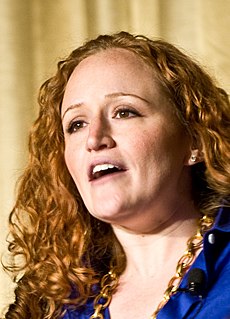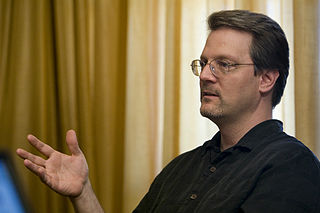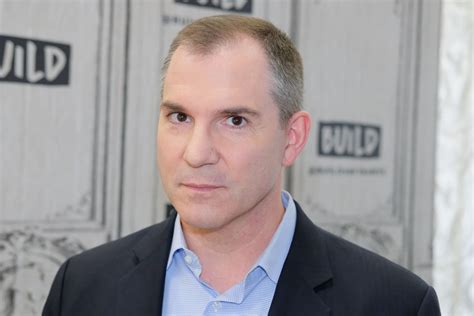A Quote by Michael Gerber
The problem with most failing businesses is not that their owners don?t know enough about finance, marketing, management, and operations - they don?t, but those things are easy enough to learn - but that they spend their time and energy defending what they think they know. My experience has shown me that the people who are exceptionally good in business aren?t so because of what they know but because of their insatiable need to know more.
Related Quotes
As much as you need to know your operations, if you don't understand the finance side and how to do the business, you're never going to be successful. So you might be the best operator or visionary, but if you don't understand the finance side... I'm successful because I know the finance side, but I also know operations; it's not an accident.
Now I don't care what people think. I did some internet campaign where I was the voice of a puppet for Ford Focus ads because they were paying me a lot of money to do it, it was a very easy gig, but then the bonus was, it turned out to be an enormous amount of fun. I've learned not to turn my nose up at things just because they're not what other people might consider cool to do. Because I've also matured enough to know, you never know where these things are going to lead, and you never know what the experience is going to be like.
I don't like realism. We already know the real facts about li[fe], most of the basic facts. I'm not interested in repeating what we already know. We know about sex, about violence, about murder, about war. All these things, by the time we're 18, we're up to here. From there on we need interpreters. We need poets. We need philosophers. We need theologians, who take the same basic facts and work with them and help us make do with those facts. Facts alone are not enough. It's interpretation.
Every time I think I’m getting smarter I realize that I’ve just done something stupid. Dad says there are three kinds of people in the world: those who don’t know, and don’t know they don’t know; those who don’t know and do know they don’t know; and those who know and know how much they still don’t know. Heavy stuff, I know. I think I’ve finally graduated from the don’t-knows that don’t know to the don’t-knows that do.
My therapist told me I need to learn to love myself. It sounds easy enough, but really, how do you just wake up one day and learn that? It feels like something you should just do involuntarily, like swallowing or blinking, but now I have to work on it. It feels so forced. I mean, I know I went to a good school, and people tell me I'm smart and creative, but I don't KNOW that. I don't know how to make myself feel that.
Now, almost twenty years since my last job in book publishing, I know that there are far more socially inept people in book than in magazine publishing. At the time, however, I just didn't feel I was enough: smart enough, savvy enough, well read enough, educated enough, charming enough. Much of this was probably because I was very naive, and didn't really know how to behave in an office. This made me a terrible assistant, which in turn made me a terrible junior book editor.
If you could distill this down to a single principle its that the best marketers in the world know MARKETS first and foremost, and secondly they're students of MARKETING. It's more important to know a MARKET than to know MARKETING, and I teach people MARKETING! And so, as far as this seminar is concerned, it's all about knowing a market, and it's so thorough that even if you don't have personal experience in that market you can still go into it and find out, what are the things that people will pay money for!
We need to talk to voters in large enough numbers and we need to have conversations that are probing and sustained enough that we understand where they're coming from because nothing is nonsensical. You know, in a democracy, in an election, in an electorate there's a reason why things are happening and it's incumbent upon us to delve deep enough to get at those reasons.
Its a consequence of the experience of science. As you learn more and more about the universe, you find you can understand more and more without any reference to supernatural intervention, so you lose interest in that possibility. Most scientists I know dont care enough about religion even to call themselves atheists. And that, I think, is one of the great things about science-that it has made it possible for people not to be religious.
We read deeply for varied reasons, most of them familiar: that we cannot know enough people profoundly enough; that we need to know ourselves better; that we require knowledge, not just of self and others, but of the way things are. Yet the strongest, most authentic motive for deep reading…is the search for a difficult pleasure.
The key thing for a CEO to keep their head in the game is recognize that there's turbulent times, plan for, you know, bad luck as well as good luck, keep people focused on what the key, you know, business wins are, and you know, provide the energy that people always need in order to, you know, to go into battle because, you know, work is hard and go into work and do that well. And provide a good leadership beacon for that. In other words, it's the same thing that makes good leadership in any other time.

